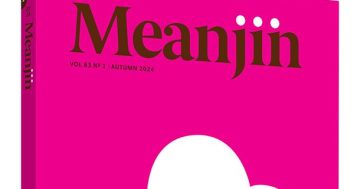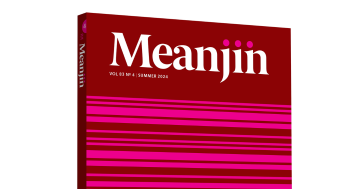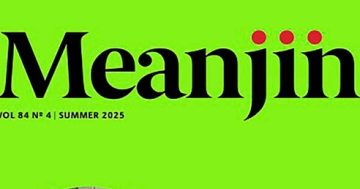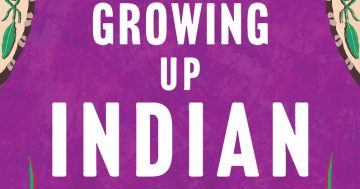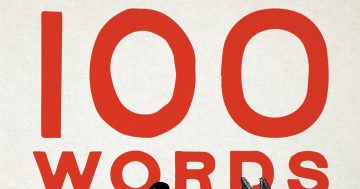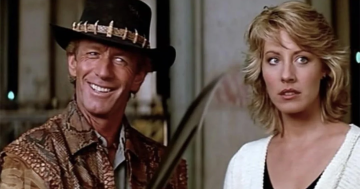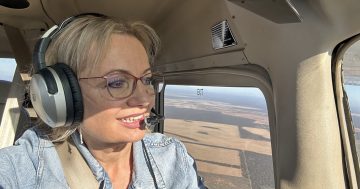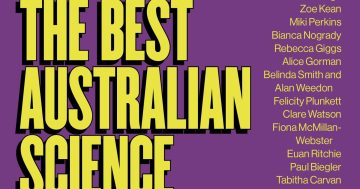Reviewed by Rama Gaind.
Edited by Jonathan Green, Melbourne University Publishing, $24.99.
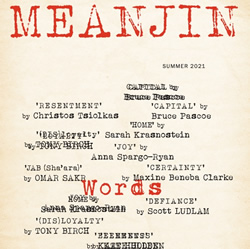 The definition of a word is a letter or group of letters that has meaning when spoken or written. A dictionary definition expands it further: word is a single distinct meaningful element of speech or writing, used with others (or sometimes alone) to form a sentence and typically shown with a space on either side when written or printed. Meanings vary whether you use it as a noun, verb or an exclamation.
The definition of a word is a letter or group of letters that has meaning when spoken or written. A dictionary definition expands it further: word is a single distinct meaningful element of speech or writing, used with others (or sometimes alone) to form a sentence and typically shown with a space on either side when written or printed. Meanings vary whether you use it as a noun, verb or an exclamation.
This Volume 80, Issue 4, features a series of non-fiction pieces in which Australian writers respond to one-word titles including home, joy, defiance, lost, hunger, soar and certainty.
In Words are weapons, Claire G. Coleman points out: “Stories are dangerous, for they define who we are, they define our history; they can be weaponised. We are the stories we tell each other and the stories we tell ourselves. History is nothing but a story….”
As editor Jonathan Green says there is something compelling about the notion of an originating word. Words are the building blocks of ideas, the arranged, interpretable manifestation of thought. Their language is an agreed script in which we can describe ourselves to each other in the hope of understanding.
However, words are not necessarily grains of truth.
“In contemporary Western culture we have a problem with authenticity, a problem with settling on an agreed interpretation of observable reality. Words aren’t necessarily helping. Words can lead us astray as readily as they can take us to honesty.”
“A magazine, like this one, is a creature of those words and their language. But, even better: the source of those words is the simple honest spark of literary creation. Literature is its own truth. The words on these pages speak to that.”
As linguist Ray Jackendoff explains, “What makes a word a word is that it is a pairing between a pronounceable piece of sound and a meaning”.


